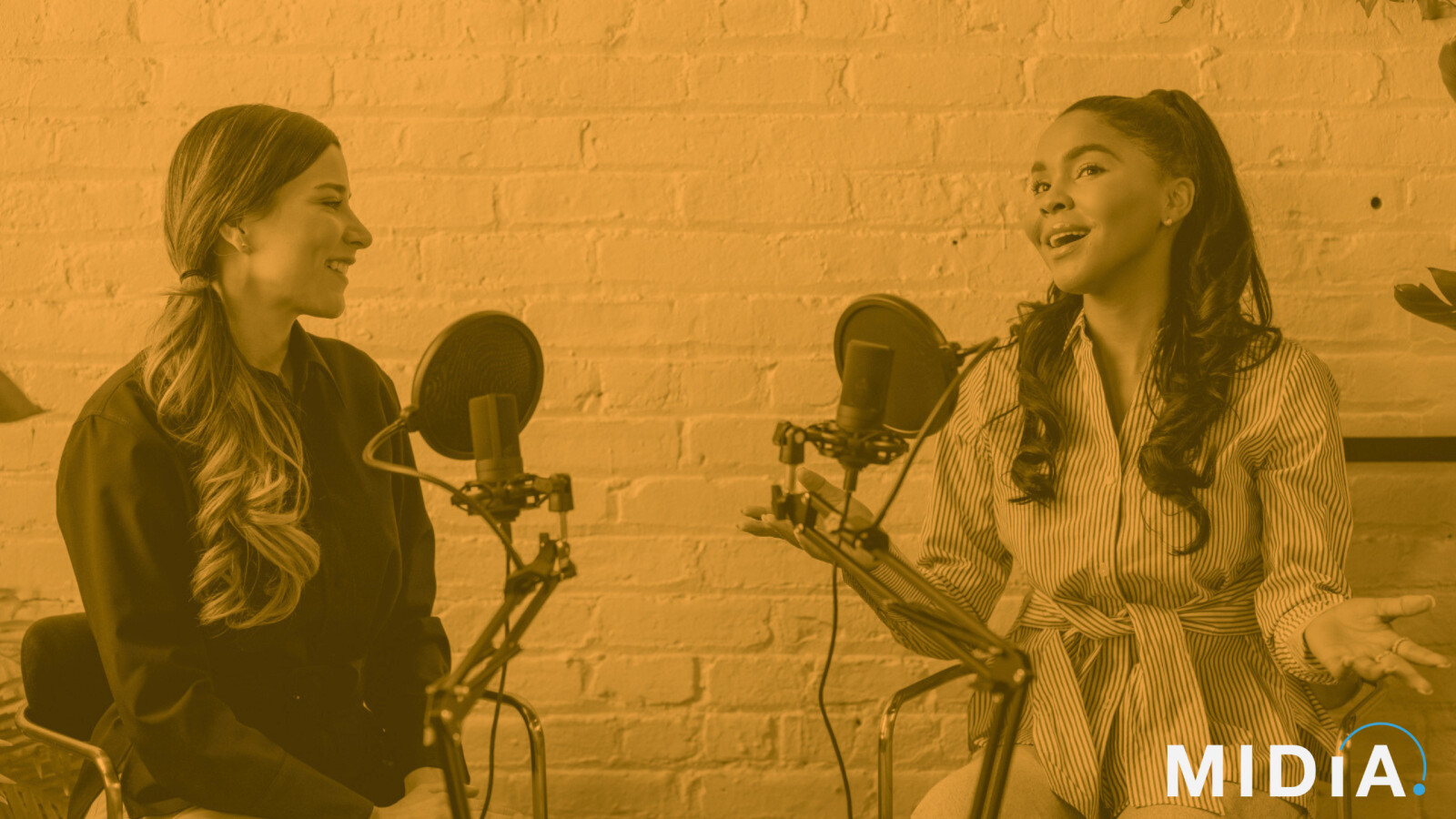Podcasts have a recommendation problem


Podcasts do not go viral. A video clip of an out-of-touch tech billionaire stoking controversy might make the rounds on social media, but podcasts themselves — at least since the Serial phenomenon — do not “trend” in the same way that Netflix shows, products on TikTok, and Spotify tracks do. In a recent blog post, Jerod Santo, co-host of The Changelog podcast, offers a key insight into why he thinks his own 14-year-old podcast has not gone viral: “The complementary nature of audio means you’re rarely in sharing mode when consuming”.
Not only does podcast listening tend to happen as a complement to other routine-based activities, but repetitive consumption of podcasts is also rare. And then there are platform limitations to consider. In a recent interview with The Information’s Creator Economy, Josh Clark, co-host of 15-year-old podcast Stuff You Should Know, addresses these limitations outright: “‘I don’t think anyone has figured out the algorithm that knows exactly what [podcast] to serve to who…. If someone can figure that out, it would be a huge boon to the industry”. Podcasts, it seems, have yet to find their sharing mode.
Why podcast sharing suffers – the role of podcast recommendation systems and user engagement
To help podcasts solve their recommendation problem, it is important to understand why and when sharing reaches a critical mass. There is plenty of strategic effort to manufacture virality, but what ultimately ignites a trend is an algorithmically-mediated feedback loop between users — something that podcast platforms haven’t quite mastered. Podcasts also naturally take longer to move through platform algorithms than shorter formats, like songs and TikTok clips, since algorithms work by surfacing content to a targeted niche of users, and if the reaction is positive, serving to a wider concentric circle of users, and so on.
Like podcast listeners, music streaming consumers tend to multitask during the consumption process, but it is much easier to text your friend a 3-minute song that you heard in the midst of your workout (or share it on social media) than it is to listen to the entirety of a 60-minute interview before deciding whether it’s worthy of sharing. It is probably even less likely for the friend you do share a podcast with to actually listen to it. Streaming video on demand (SVOD) consumers tend to be a little more lean-forward during the consumption process, because engagement requires more than just one of our senses. TV and film are also slightly less fragmented than other markets, and thus still hold the high ground as cultural “watering holes”. Even if you watch Netflix by yourself, the never-ending horde of film / TV memes and episode recap articles make the experience feel communal, and until recently, you were probably sharing a Netflix account with 15 other people.
We tend to consume podcasts by ourselves, which makes sharing them a little more complicated, but that is not to say the format is doomed to isolation. As Clark alludes to, it is just a matter of figuring out how to make podcasts a more communal, social experience, much like Spotify is trying to do with their TikTok-like feed — and that is where algorithmic recommendations can become instrumental.
Featured Report
The audio creator opportunity Audio creator behaviours and monetisation potential
Historically, YouTubers and TikTok influencers have received the lion’s share of mainstream attention as a creator class – but audio creators are increasingly active on the same digital platforms and...
Find out more…How some podcasts leverage social algorithms to boost engagement and reach
Podcasts themselves do not typically go viral, because the on-platform podcast recommendation systems really are not robust enough to make that happen. However, off-platform video clips of episodes can end up trending on social media. Translating a viral video into off-platform listeners is a tall order unless you manage to trigger that algorithm again and again, building up your brand in the process (not to mention the fact that not every podcast has a video version).
Many interview-based podcasts from the so-called manosphere have perfected the clickbait formula by figuring out that controversy generates engagement and increases their recommendation positioning on social media platforms and YouTube. But that formula is not easily replicable with most podcasts. That is not to say that podcasters should not try to leverage social algorithms to increase reach and build up their brands, but in terms of solving the recommendation problem and creating meaningful cultural moments out of podcasting, clickbait clips on social media are not the answer.
Complicating things further, podcasts that establish a presence through TikTok clips may struggle to translate that audience into listeners. Rather than simply being a funnel to podcast platform listens, TikTok is becoming a consumption platform in its own right.
Recommendations for podcast recommendations: how to balance virality and long-term listener engagement
Near the end of his post, Santo offers creators an important kernel of wisdom: Virality may get you reach, but it will not guarantee you a long-term audience. It is an important point to remember when considering how to activate podcasting’s sharing mode. Algorithmic recommendations can help create virality but that path is not right for every creator.
Viral moments and trends may help the podcast industry writ large, but many creators will benefit most from finding and connecting with a core listener base that will stick around after the social media virality cycle. A good recommender system is not just about an algorithm knowing what podcast to serve to whom, but about quality audio content getting into the ears of highly engaged podcast audiences.
Ironically, one of the major insights from MIDiA's 2024 predictions report is that users increasingly feel like the algorithm is no longer listening, and that is largely because platforms are prioritising monetisation over user desires. As a consequence, algorithms on major platforms will continue to recommend monetised content over content that users actually want. While podcasts may be late to the algorithmic game, this also opens up an opportunity for platforms to reinstill faith in their recommender systems by making podcasts the go-to medium for quality recommendations.

The discussion around this post has not yet got started, be the first to add an opinion.